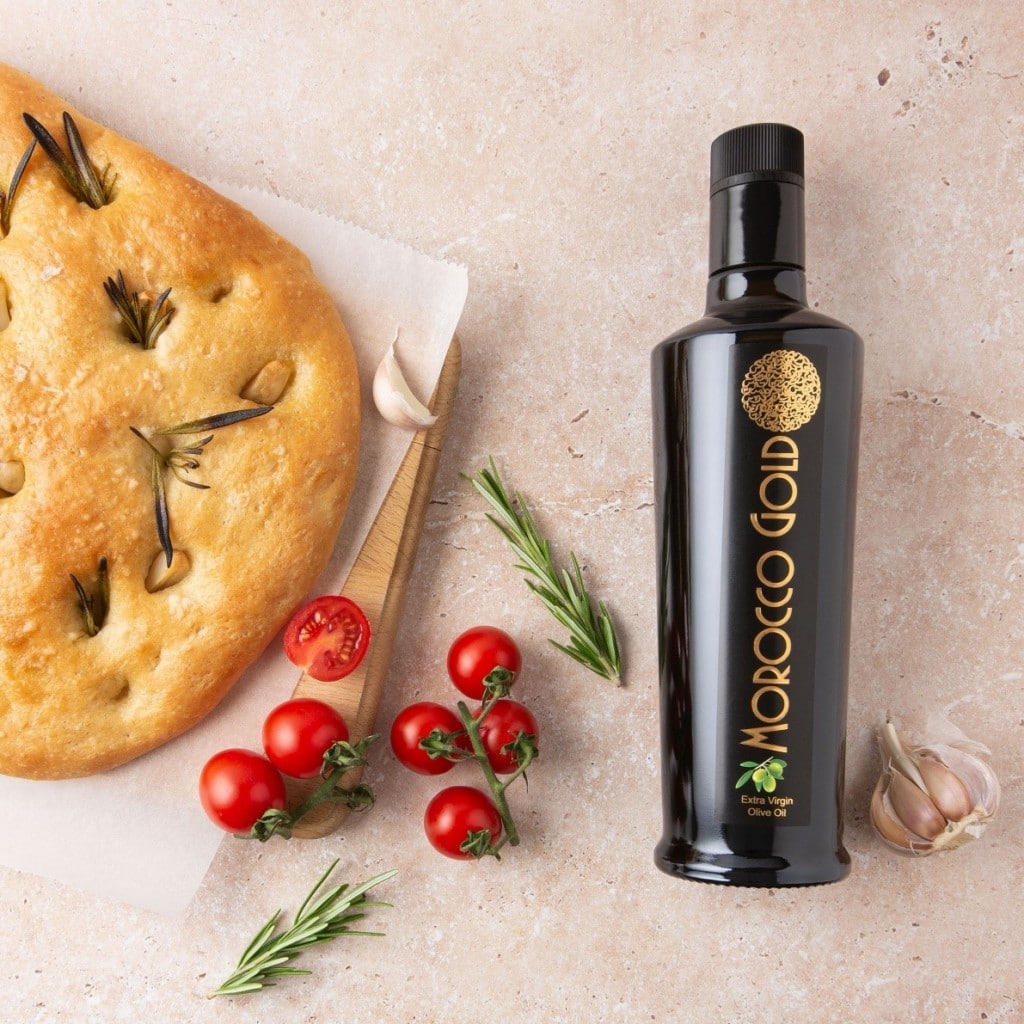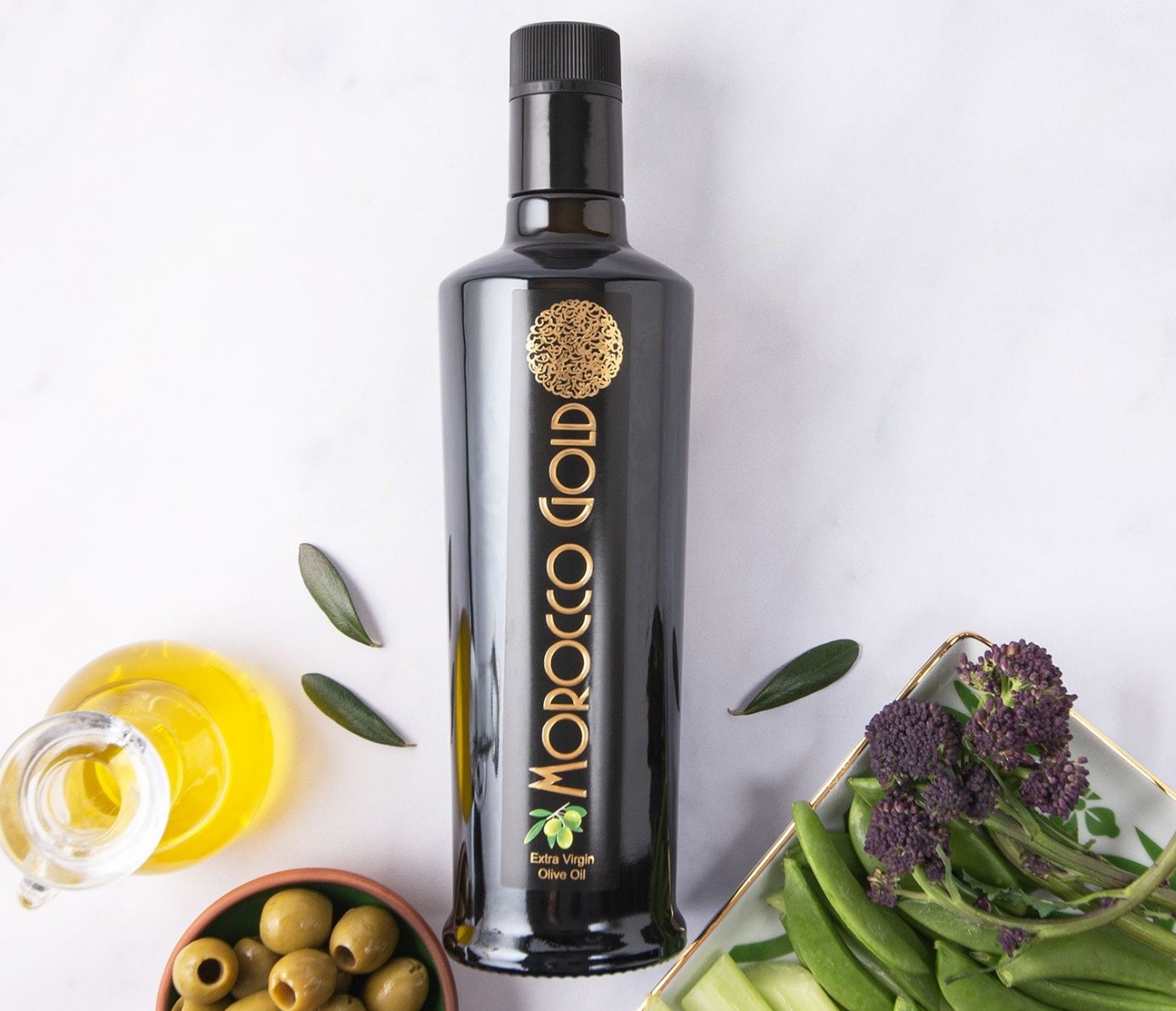New Study Links Metabolite Profile Of Olive Oil With Reduced Risk Of Cardiovascular Disease

Summary:
Contents:
- New Study Links Extra Virgin Olive Oil With Reduced Cardiovascular Disease Risk
- What Is Metabolomics?
- Extra Virgin Olive Oil And Wider Links To Reducing Cardiovascular Disease Risk
- Anti-Inflammatory Effects Of Extra Virgin Olive Oil
New Study Links Extra Virgin Olive Oil With Reduced Cardiovascular Disease Risk
The metabolite profiles of extra virgin olive oil could be linked to a reduced risk of developing cardiovascular disease, according to new research.
The study, reported in The Olive Oil Times, and published in Cardiovascular Diabetology also indicated metabolite profiles of virgin olive oil are associated with a lower risk of developing the disease than refined olive oil metabolite profiles.
“The metabolomic profile we found for extra virgin olive oil was also inversely associated with the risk of contracting cardiovascular disease in the future.”
Marta Guasch-Ferré, public health researcher, University of Copenhagen
The research findings were part of the PREDIMED study, a landmark clinical trial conducted in Spain that showed a link between the Mediterranean diet rich in extra virgin olive oil and cardiovascular health.
Dietary information and blood samples from around 2,000 participants, all at high risk of cardiovascular disease, were used in the study, which stems from an investigation into the metabolomic profiles associated with the regular consumption of different types of olive oil.
What Is Metabolomics?
The burgeoning field of metabolomics, which examines the unique chemical fingerprints generated by cellular processes, offers a new lens with which to study human health. Researchers are delving into the impact of dietary components, such as extra virgin olive oil, on metabolic responses in the body.
Understanding these intricate mechanisms can lead to significant breakthroughs in the prevention and treatment of diseases, particularly in relation to cardiovascular health. By tracing the intricate interplay of thousands of metabolites, metabolomics has the potential to reveal essential interactions, influencing both the development of new medications and the promotion of healthier lifestyle choices.
Researchers of the new study identified a pattern in the expression of plasma metabolites when olive oil is consumed.
As explained by The Olive Oil Times:
Researchers employed machine learning to analyze the plasma metabolite profiles of olive oil consumption. They then correlated these profiles with the risk of type 2 diabetes and cardiovascular disease.
“Plasma metabolites are the result of various metabolic processes,” Marta Guasch-Ferré, co-author of the study and researcher at the University of Copenhagen’s public health department, told Olive Oil Times.
“Thanks to new metabolomic technologies, we can identify them just as in the past we identified biomarkers such as cholesterol or triglyceride,” she said. “Today, we can investigate those molecules and have a clearer picture of what is happening in the blood.”
“Plasma metabolites can change depending on factors such as what we eat. And they can help us predict the insurgence of diseases way ahead of their manifestation, even years or many years before,” Guasch-Ferré added.
“We found some metabolites that were the same across the different kinds of olive oil, and others which were different and specific for each grade of olive oil,” Guasch-Ferré said.
“That is part of the novelty of this research. We identified what we call metabolomic signature, a cluster of different metabolites that include lipids, amino acids and others associated with different origins. The metabolomic profile we found for extra virgin olive oil was also inversely associated with the risk of contracting cardiovascular disease in the future.”
Marta Guasch-Ferré, public health researcher, University of Copenhagen
Extra Virgin Olive Oil And Wider Links To Reducing Cardiovascular Disease Risk
Emerging nutritional research points to extra virgin olive oil (EVOO) as a key player in lowering the risk of cardiovascular disease (CVD). With its high content of monounsaturated fats—particularly oleic acid—EVOO has been associated with reducing the levels of LDL cholesterol, which is a primary culprit in heart complications. Its polyphenol compounds also contribute to EVOO’s potential to improve arterial health and lower blood pressure.
Incorporating EVOO into one’s diet, particularly in place of saturated fats, may not only enhance the flavor of dishes but also promote heart health by improving lipid profiles and blood vessel function.
Anti-Inflammatory Effects Of Extra Virgin Olive Oil
Inflammation is a natural response to potential dangers and damage to organs in our body, however it can become self-perpetuating leading to long-term problems. There are 2 types of inflammatory diseases, acute and chronic. Poor diet can contribute to long-term chronic inflammatory diseases.
A healthy diet, like the Mediterranean diet, including extra virgin olive oil like Morocco Gold can help combat inflammatory diseases. The polyphenols Oleouropein Aglycone and Oleocanthal within extra virgin olive oil help to combat inflammatory diseases Morocco Gold extra virgin olive oil is rich in both of these polyphenols.
Recent studies have also shown that EVOO may have anti-inflammatory effects in the body, which can further aid in preventing CVD. Chronic inflammation is a contributing factor to various diseases, including heart disease. By reducing inflammation, EVOO can potentially decrease the risk of developing CVD.






